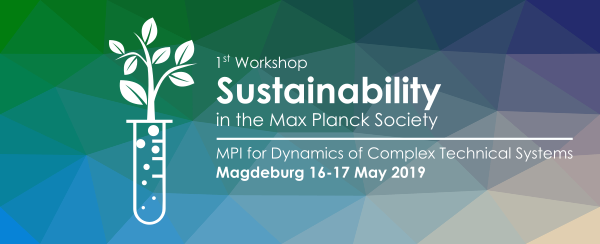
Meet inspiring speakers!
Experts for biodiversity, Max Planck directors, members of our joint work council, representatives of atmosfair, colleagues from the Otto von Guericke University and you!
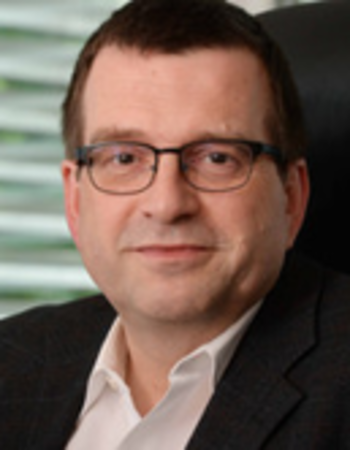
Prof. Dr. Jochem Marotzke
MPI DirectorJochem Marotzke studied physics in Bonn, Copenhagen and Kiel and obtained his PhD in physical oceanography. His postdoc brought him to MIT in Boston. In 1999 he became full professor at the Southampton Oceanography Centre and in 2003 director at the MPI for Meteorology in Hamburg. In 2014 Jochem Marotzke was one of the authors of the Fifth Assessment Report of the Intergovernmental Panel on Climate Change (IPCC). His research interests focus on the role of oceans in climate and climate change. For this the physicist employs both observations and computational models. Jochem Marotzke is member of the National Academy of Sciences Leopoldina and of the German Academy of Science and Engineering (acatech).
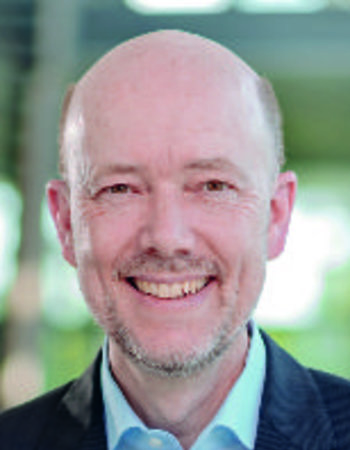
Prof. Dr. Kai Sundmacher
MPI DirectorKai Sundmacher studied mechanical and process engineering at the University of Hanover and at the Technical University of Claustahl. After his PhD in the field of chemical process engineering he was head of the research groups "Reactive Distillation" and "Electrochemical Engineering" at the Technical University of Clausthal. Following a research stay as a postdoctoral fellow at the University of Newcastle he became full professor for Process Systems Engineering at the Otto-von-Guericke-University Magdeburg in 1999 and director of the Max Planck Institute for Dynamics of Complex Technical Systems in Magdeburg in 2001. In 2009 he obtained the Einstein Professorship of the Chinese Academy of Sciences (CAS) and since 2010 he is member of the Board of Directors of the DFG Collaborative Research Center "Integrated Chemical Processes with Liquid Multiphase Systems". In his research Kai Sundmacher investigates among other topics the conversion of energy from renewable sources (Power-to-Gas). Kai Sundmacher will talk about the contributions of the Max Planck Institute in Magdeburg to the energy transition ("Energiewende").
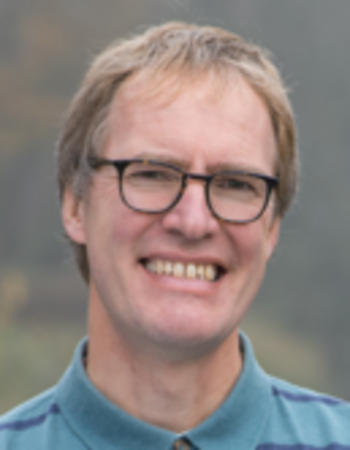
Dr. Wolfgang Fiedler
ResearcherDr. Wolfgang Fiedler is a researcher at the branch of the Max Planck Institute for Ornithology in Radolfzell where he is head of the Centre for Animal Marking. His interest is focussed on the various aspects of bird migration, ranging from phenology through interplay with the environment to conservation aspects. Since the traditional institution is still popularly known under it‘s historical name „Vogelwarte Radolfzell“ the team frequently receives general questions about bird conservation from the public. Fiedler and some colleagues try their best to give sufficient answers. For this, it helps that Wolfgang Fiedler can look back on four decades of amateur work in nature conservation. Wolfgang Fiedler is the acting president of the German Ornithologists’ Society.

Monika Demar
Representative for Environmental AspectsMonika Demar ist Representative for Environmental Aspects and addresses the question, how green spaces in Max Planck Institutes can be designed according to aspects of biodiversity. For this, best practices and recommendations for the institutes shall be elaborated in the in cooperation with the MPG headquarters. Mrs Demar will present this initiative during our workshop and discuss possible implementations with us.
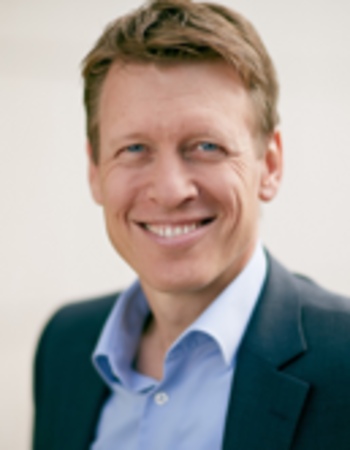
Prof. Dr. Harald Zeiss
Department for Business StudiesProf. Dr. Harald Zeiss studied business administration in Nuremberg, poltical science in Strasbourg and obtained a MBA in the USA. 2005 he obtained a PhD degree from the WHU in Vallendar. Subsequently he was responsible for a variety of business fields for the tour operator TUI Deutschland and from from 2009 to 2016 he was the head of the sustainability management at TUI. Zeiss holds a professorship at the Harz University of Applied Sciences in Wernigerode with a research focus on sustainability and international tourism. Furthermore, he is head of the associated Institute for Sustainable Tourism in Wernigerode. Zeiss is also chair of the Comittee for Sustainability of at the DRV and head of management of the sustainability initiative Futouris.
Photo by Christian Wyrwa (www.wyrwa-foto.de)
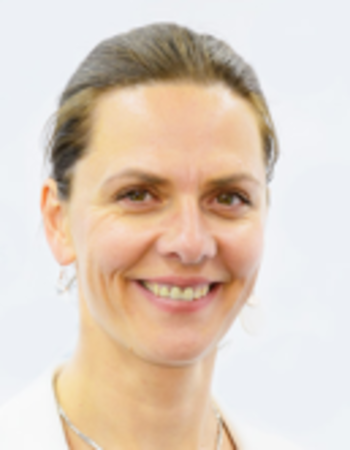
Michaela Thurau
Head of Business DevelopmentMichaela Thurau obtained her first Master of Business Administration at the University of Applied Sciences in Worms. Already her first job as sales manager for AIRTiCKET AG brought Michaela Thurau in contact with the aviation business. In 2013 she became the Head of Sales and Marketing of Airfair Flugservice GmbH, a company which provides fare data management and distribution to airlines worldwide. In parallel she acquired her second MBA, specialised for renewable energies (Beuth Applied University of Sciences). Equipped with her profound and practical experiences of the mechanisms of airfare economics, she finally became the Head of Business Development at Atmosfair GmbH in Berlin in 2017. During our workshop Michaela Thurau would like to show what we can do in order to reduce our CO2 emissions due to travelling and discuss with us how we can apply this knowledge for our work in scientific research.
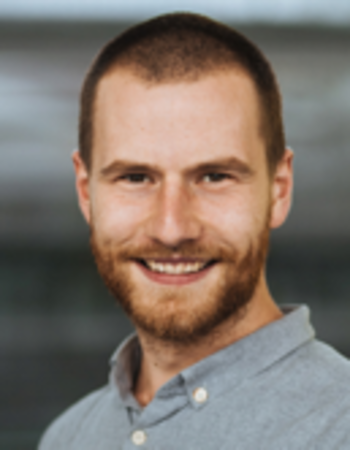
Julius Brinken
Sustainability OfficeJulius Brinken studied industrial engineering at the Otto von Guericke University in Magdeburg and his master thesis was on sustainability assessment at academic institutions. Already during his study he was member in various student councils as a representative for the Grüne Hochschulgruppe (Ecological Student Association). In 2014, Julius Brinken co-founded the Ökosoziale Hochschultage (eco-social academic week) and co-organised this event for several years. In 2015, he started the Sustainability Office together with other local academic sustainability initiatives and was employed as a student assitant by the Otto von Guericke University. Since 2016 he is the coordinator of the sustainablity office. An important milestone in his work was the official resolution of the Sustainability Strategy for the Otto von Guericke University by the Academic Senate. He will talk about his experiences on implementing sustainability measures at an academic institution and make suggestions for networking of sustainability groups.

You and your colleagues
PhD Student, secretary, group leader, laboratory assistant, director, facility managerYou studied physics, medicine and history of arts at the university of Bielefeld and Nairobi. After your vocational training as a locksmith, secretary and laboratory assistant you joined the Max Planck Society as a group leader. You do research on biological Turing patterns in renaissance music at the Max Planck Institute for Complicated Scientific Research (MPI-CSR). At your institute you established sorting of organic trash, and currently you try to convince the administration to build a wind power plant on the parking lot. You want to talk to colleagues about your first success for establishing vegan dishes in your canteen and seek advice on the optimal video conference technology since you want to travel less in order to save time for research and family and reduce CO2 emissions.